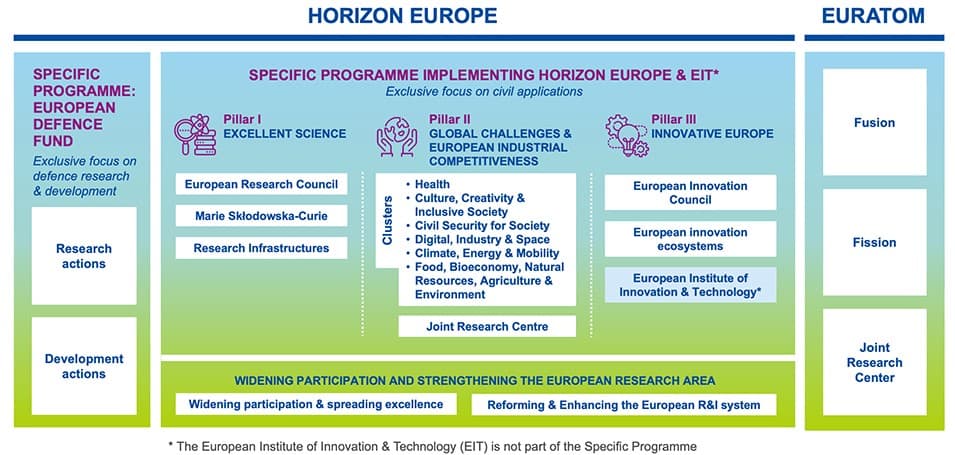 Over the past year, Judith, Michael and I edited a special issue of Philosophical Transactions of the Royal Society on Bayesian inference: challenges, perspectives, and prospects, in celebration of the current President of the Royal Society, Adrian Smith, and his contributions to Bayesian analysis that have impacted the field up to this day. The issue is now out! The following is the beginning of our introduction of the series.
Over the past year, Judith, Michael and I edited a special issue of Philosophical Transactions of the Royal Society on Bayesian inference: challenges, perspectives, and prospects, in celebration of the current President of the Royal Society, Adrian Smith, and his contributions to Bayesian analysis that have impacted the field up to this day. The issue is now out! The following is the beginning of our introduction of the series.
When contemplating his past achievements, it is striking to align the emergence of massive advances in these fields with some papers or books of his. For instance, Lindley’s & Smith’s ‘Bayes Estimates for the Linear Model’ (1971), a Read Paper at the Royal Statistical Society, is making the case for the Bayesian analysis of this most standard statistical model, as well as emphasizing the notion of exchangeability that is foundational in Bayesian statistics, and paving the way to the emergence of hierarchical Bayesian modelling. It thus makes a link between the early days of Bruno de Finetti, whose work Adrian Smith translated into English, and the current research in non-parametric and robust statistics. Bernardo’s & Smith’s masterpiece, Bayesian Theory (1994), sets statistical inference within decision- and information-theoretic frameworks in a most elegant and universal manner that could be deemed a Bourbaki volume for Bayesian statistics if this classification endeavour had reached further than pure mathematics. It also emphasizes the central role of hierarchical modelling in the construction of priors, as exemplified in Carlin’s et al.‘Hierarchical Bayesian analysis of change point problems’ (1992).
The series of papers published in 1990 by Alan Gelfand & Adrian Smith, esp. ‘Sampling-Based Approaches to Calculating Marginal Densities’ (1990), is overwhelmingly perceived as the birth date of modern Markov chain Monte Carlo (MCMC) methods, as itbrought to the whole statistics community (and the quickly wider communities) the realization that MCMC simulation was the sesame to unlock complex modelling issues. The consequences on the adoption of Bayesian modelling by non-specialists are enormous and long-lasting.Similarly, Gordon’set al.‘Novel approach to nonlinear/non-Gaussian Bayesian state estimation’ (1992) is considered as the birthplace of sequential Monte Carlo, aka particle filtering, with considerable consequences in tracking, robotics, econometrics and many other fields. Titterington’s, Smith’s & Makov’s reference book, ‘Statistical Analysis of Finite Mixtures’ (1984) is a precursor in the formalization of heterogeneous data structures, paving the way for the incoming MCMC resolutions like Tanner & Wong (1987), Gelman & King (1990) and Diebolt & Robert (1990). Denison et al.’s book, ‘Bayesian methods for nonlinear classification and regression’ (2002) is another testimony to the influence of Adrian Smith on the field,stressing the emergence of robust and general classification and nonlinear regression methods to analyse complex data, prefiguring in a way the later emergence of machine-learning methods,with the additional Bayesian assessment of uncertainty. It is also bringing forward the capacity of operating Bayesian non-parametric modelling that is now broadly accepted, following a series of papers by Denison et al. in the late 1990s like CART and MARS.
We are quite grateful to the authors contributing to this volume, namely Joshua J. Bon, Adam Bretherton, Katie Buchhorn, Susanna Cramb, Christopher Drovandi, Conor Hassan, Adrianne L. Jenner, Helen J. Mayfield, James M. McGree, Kerrie Mengersen, Aiden Price, Robert Salomone, Edgar Santos-Fernandez, Julie Vercelloni and Xiaoyu Wang, Afonso S. Bandeira, Antoine Maillard, Richard Nickl and Sven Wang , Fan Li, Peng Ding and Fabrizia Mealli, Matthew Stephens, Peter D. Grünwald, Sumio Watanabe, Peter Müller, Noirrit K. Chandra and Abhra Sarkar, Kori Khan and Alicia Carriquiry, Arnaud Doucet, Eric Moulines and Achille Thin, Beatrice Franzolini, Andrea Cremaschi, Willem van den Boom and Maria De Iorio, Sandra Fortini and Sonia Petrone, Sylvia Frühwirth-Schnatter, Sara Wade, Chris C. Holmes and Stephen G. Walker, Lizhen Nie and Veronika Ročková. Some of the papers are open-access, if not all, hence enjoy them!




